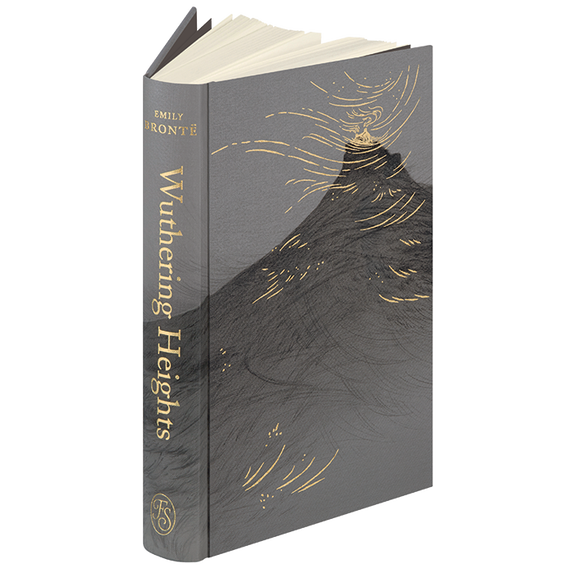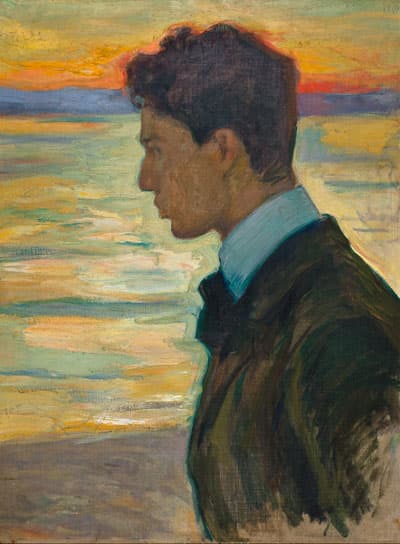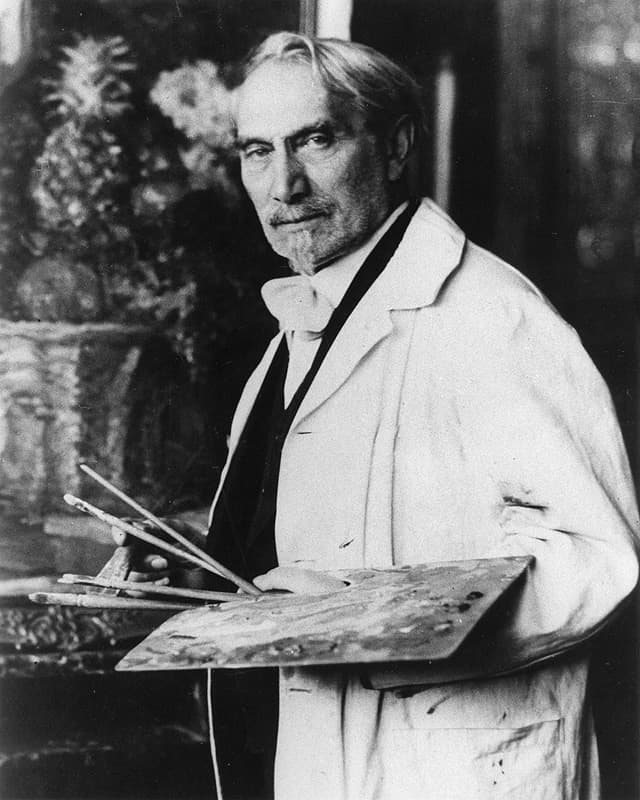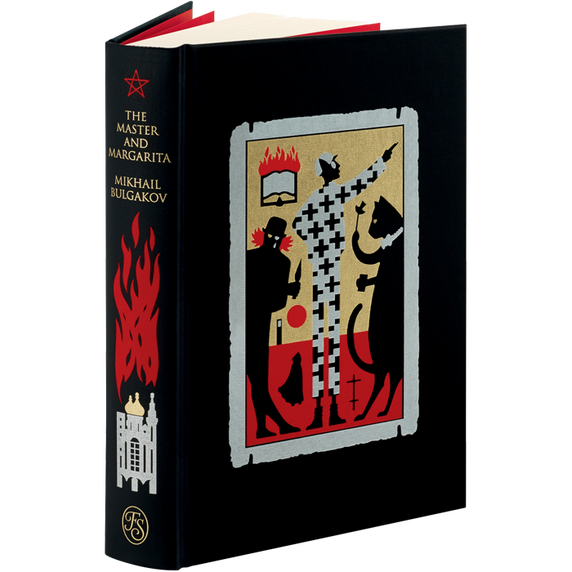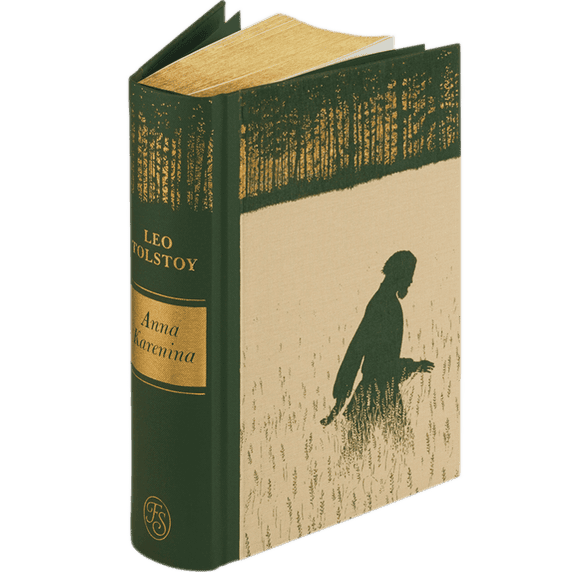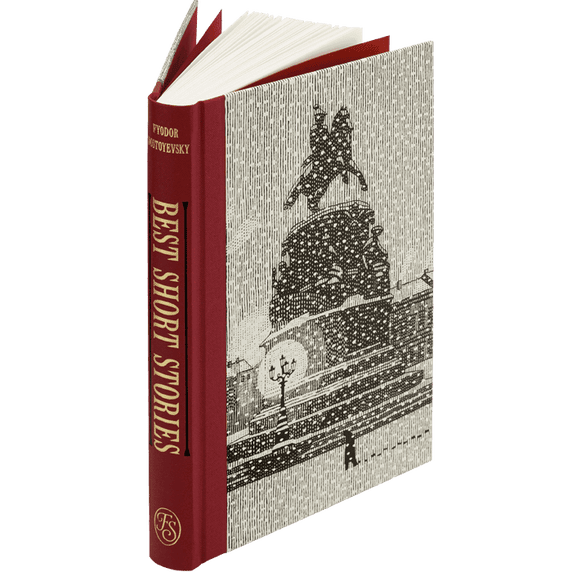One of Russia’s most revered writers, Boris Leonidovich Pasternak was born in Moscow, the elder son of the artist Leonid Pasternak and his wife Rosalia, a talented pianist. His childhood was spent immersed in the company of Russia’s finest artists, writers and musicians, including Leo Tolstoy, Sergei Rachmaninov and Alexander Scriabin, who inspired Pasternak’s early ambition to become a composer. But it was in poetry and prose that he found an outlet for his appreciation of melody and rhythm, and a voice for his own innate sensitivity.
Remarkable from the first collection for its lyricism and highly original, vividly impressionistic imagery, Pasternak’s poetry established him as a leading literary figure. Although he somehow survived the relentless purges, from the 1930s Pasternak’s work was often disparaged in the Soviet press and banned by the authorities. However, with the publication in 1957 of his only novel, Doctor Zhivago, written over many years under the burden of Soviet Russia’s stringent censorship, he found worldwide acclaim.
In 1958 Pasternak was awarded the Nobel Prize in Literature, but the threat of exile from the Soviet Union led him to decline the honour. He died in Peredelkino, a village outside Moscow.
